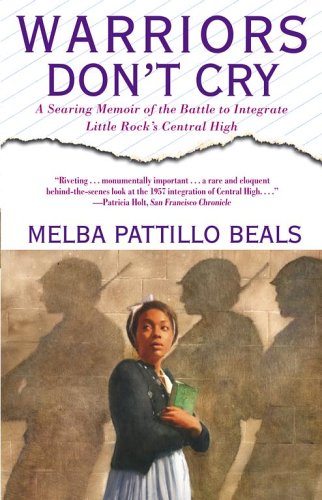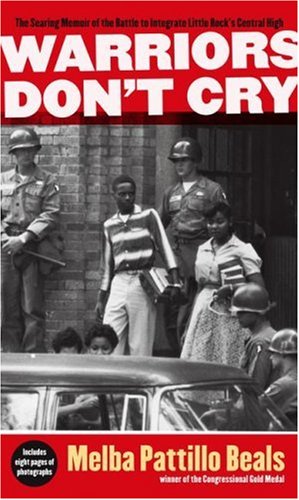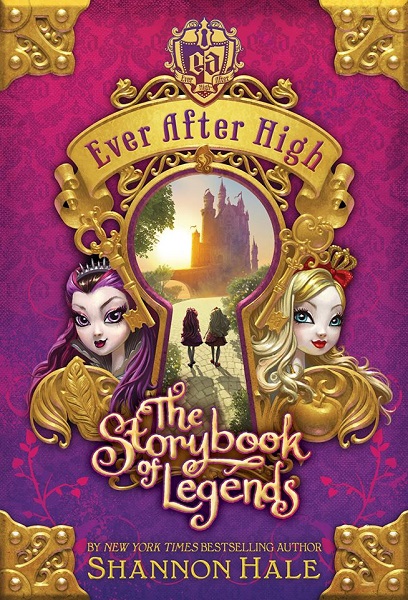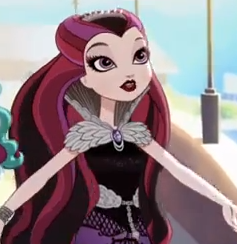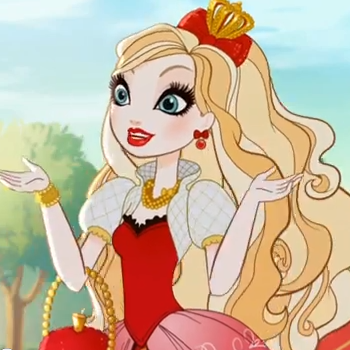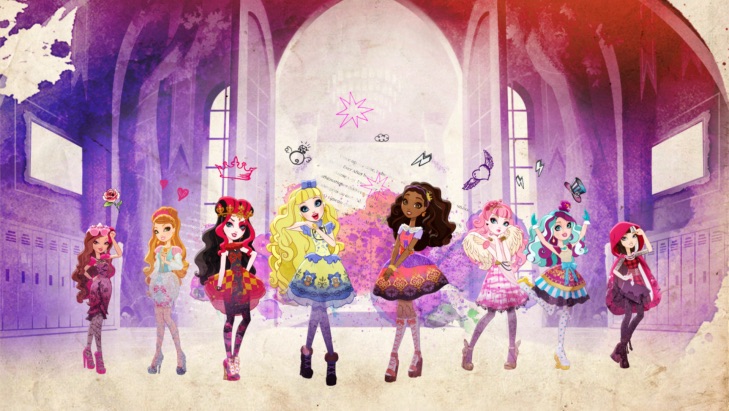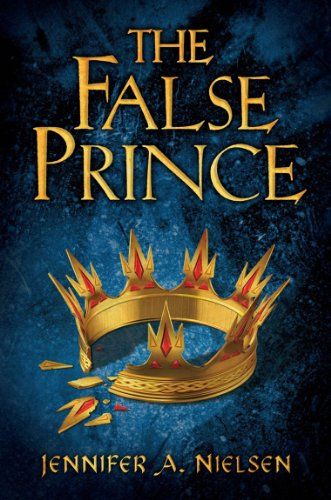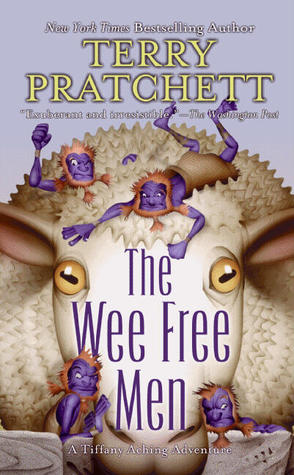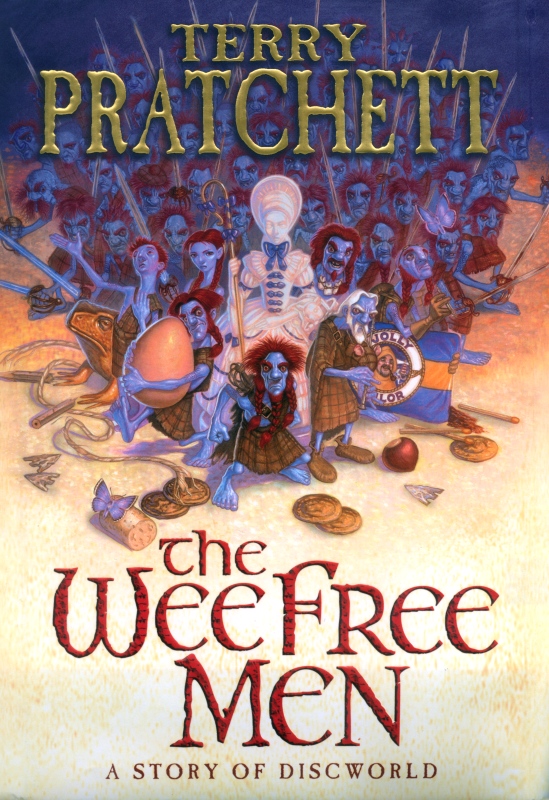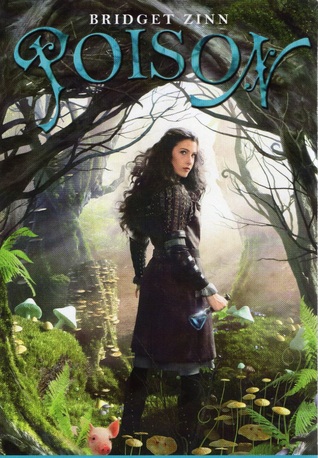I've noticed a lot of buzz in the blogosphere about strong female characters. Most of the posts seem to have a couple of paragraphs devoted to Bella vs. Katniss, so I'll just get that over right away.
Let's see...Bella Swann...seventeen year old female in the first book. Just like Katniss in the third one! Let's see, what else do they have in common? Dark hair, dark eyes, mammals.
Now that's over. Onto the post!
Classic females tend to do this:

Eventually that got boring, so modern females tend to do this:
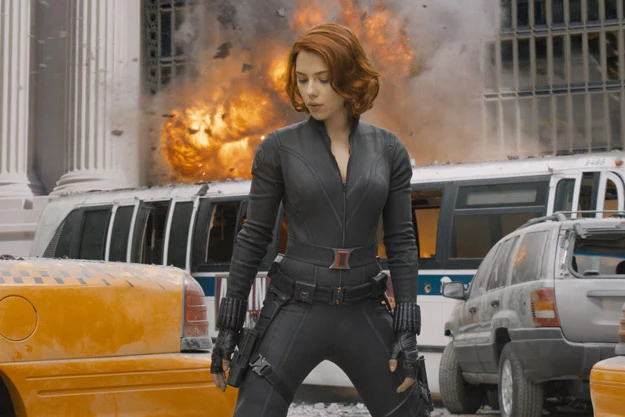
No fainting allowed until you've been clubbed over the head with a rifle. Nowadays damsels are largely discredited. If I see a cartoon princess in a frilly dress, I expect her to pick up a sword and cause some distress.
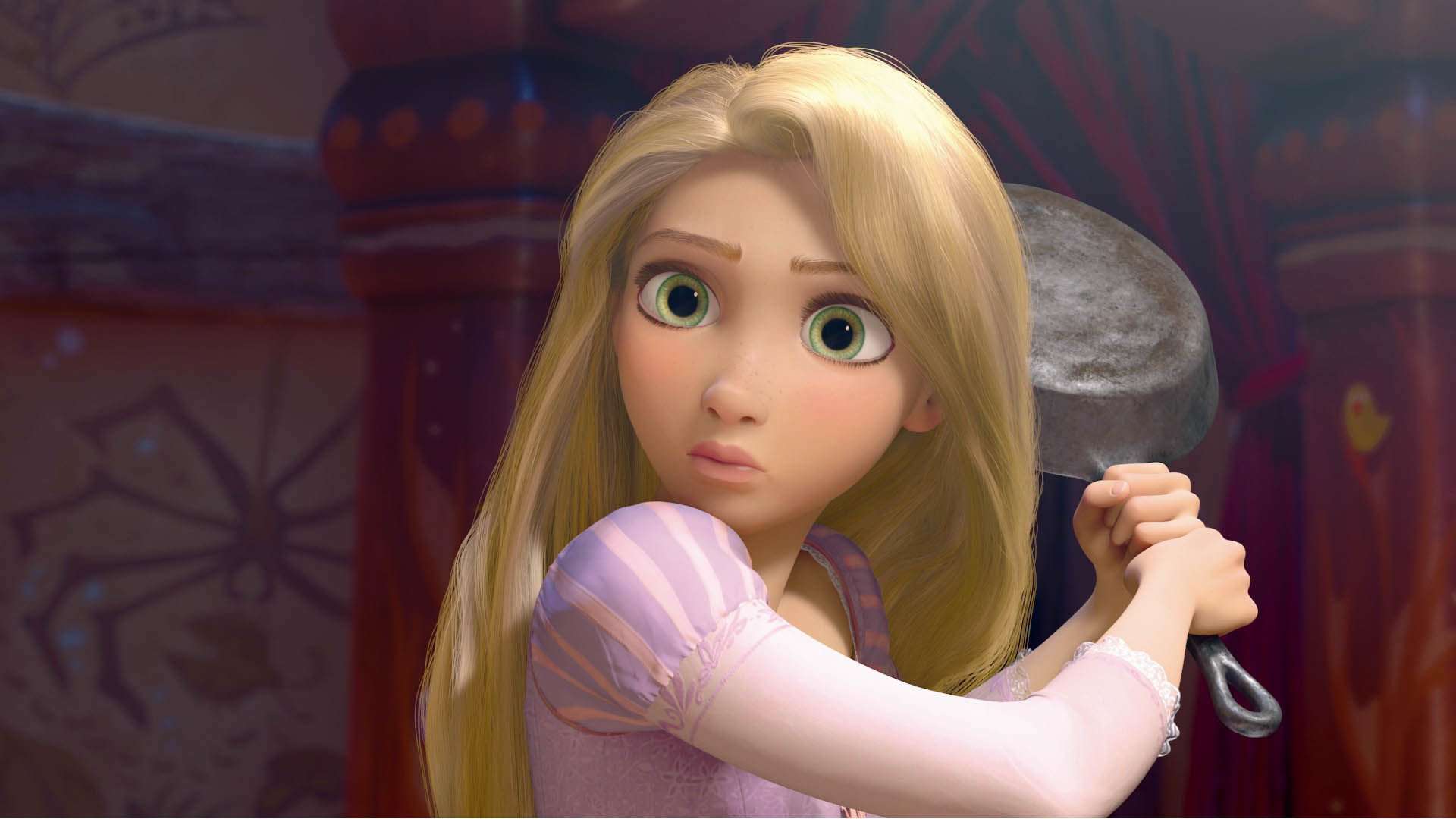 |
| But these work too. |
Whenever I read modern classics like A Wrinkle in Time or To Kill a Mockingbird, I come off unimpressed. I don't live in a time when girls are taught to be ladies. My school has girls' football with male cheerleaders. The word tomboy has no meaning for me.
Does that mean times have changed? All females are now strong, well developed characters?
Yeah...but no. Swooning and tower-sitting are taboo. But girls who do nothing but blow stuff up and look sexy can be just as flat as girls who do nothing but await rescue and look pretty.
My biggest complaint is how the power trio almost always consists of two boys and one girl (If you want an inverse, I highly recommend the TimeRiders series by Alex Scarrow).
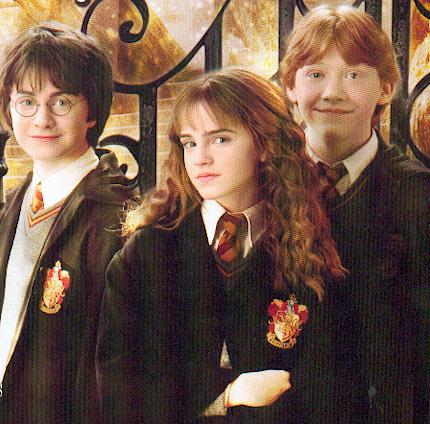

And I'm definitely not posting the movie picture for the next one. Ugh. And now they're making a sequel. At least Clarisse is in this one.

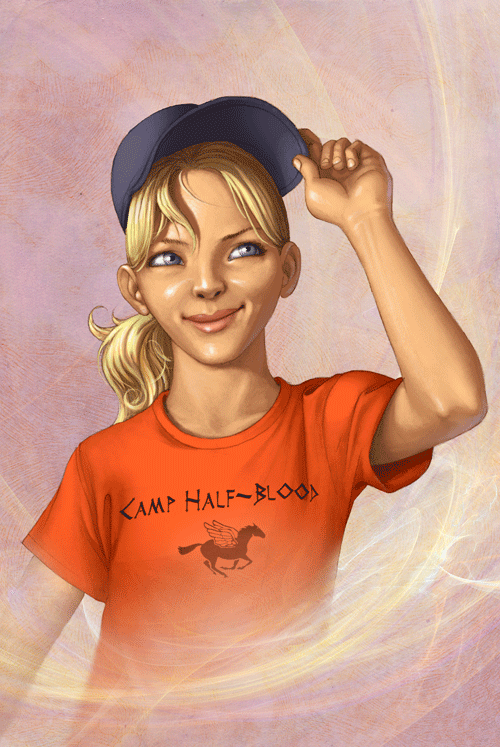

Three's a good number. You can have a hero, his best friend, and his girlfriend, or a girl in the middle of a love triangle. All three of these are good stories. You can't disown a book because it doesn't have enough women in it, but girls will be sure to take note.
In The Lightning Thief, Percy goes on a quest to rescue his mom with Annabeth and Grover. He and Annabeth rescue Grover in Sea of Monsters. When Annabeth's taken in Titan's Curse, Percy saves her not because she's his girlfriend but because she's a valuable member of the team. She's saved his life plenty of other times. Ginny-who's not even part of Harry's trio-gets rescued in the second book. She's just Ron's sister at this point. But by the fifth book, she joins Dumbledore's Army and becomes a love interest. It's okay to let girls tower-sit for a while so long as they carry their own weight for the rest of the story.
There's a difference between strong female characters and female strong characters. The first means she can take out bad guys. The second means she's well developed. Smart. Grumpy. Manipulative. Witty. Seductive. Funny. Creepy. Anything.
What bothers me most is readers who treat each strong female like a new discovery. If a guy punches a monster, it's an action scene. If a girl does it, she's an action girl. I even saw one book review where the reader praised a certain novel for containing a 'strong female heroine'. Does it also have a woman widow? Or a girl princess? Or a male man? Do they all work for the Department of Redundancy Department?
If you want an action girl, pick a civilization and go through their mythology. They've been around for a good long while. If you want a girl who carries her own story without a male character's help, congratulations. You live in the twenty-first century.
Some books put a strong heroine in, but can't go four pages without reminding you. I don't want to read a chapter long ramble about why Princess Punchalot doesn't tower-sit. Just show her doing something else and I'll believe you.
This excerpt is from Princess of the Silver Woods by Jessica Day George. Princess Petunia is knitting during a long carriage ride when they're attacked by bandits.
She...tucked all four needles and the yarn into the basket on the seat beside her, pulling out her pistol as she did. She checked the bullets, then cocked the weapon.
"Oh, Your Highness!" Maria was scandalized, but she had the good sense to whisper, at least. "Put it away!"
"They aren't taking my
jewelry," Petunia said.
Adults seem to be concerned about role models in YA literature for girls. I don't hear this for boys. Apparently they don't need role models.
Have I ever been jealous of girls with awesome monster slaying powers? Yup. Boys too. Do I channel these girls as I slay my inner demons? Yup. Boys too. Do I look up to them as role models? Nope. Boys either.
My favorite characters are the girls who find strength without a gun. Like Risa in
Unwind or Anna in The Declaration. Sometimes you don't need to kick butts and take names. Sometimes the boys need somebody to keep them from killing each other every few minutes.
I'm sick of being told we need role models. If I think I need one, I'll find one in the real world. What I want from books is heroes. Reading about killers won't make me a killer. Girls in books usually have good reasons to kill people. I don't. Reading about petty, boy crazy girls won't make me petty and boy crazy. It will make me laugh at them. Reading about weak girls who don't stick up for themselves will make me toss the paperback down and look for something better to do.
Teenagers aren't stupid and sheeplike as most adults believe. We are not 'influenced' by every fictional character. We have our own personalities, motives, and goals. We're pretty strong characters on our own.
“I want [female characters] to be allowed to be weak and strong and happy and sad – human, basically. The fallacy in Hollywood is that if you’re making a ‘feminist’ story, the woman kicks ass and wins. That’s not feminist, that’s macho. A movie about a weak, vulnerable woman can be feminist if it shows a real person that we can empathize with.”
-Natalie Portman
